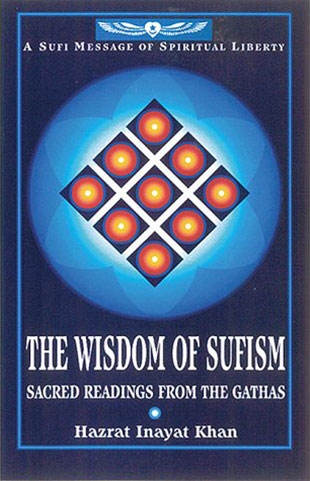"Patience in other words is control, and one can say that the will should control the activity of the mind and hold it in check. To be patient is sometimes extremely difficult, for great energy is required to control the activity of the mind. We may picture patience as a wall against which the tides beat. The wall must be strong to resist the waves, and so it is with patience.
"There are four different kinds of patience: patience in action, in thought, in word, in the manner of feeling. There are two different acts of patience: the first is to stand firm against the activity of another person, the second to stand firm against one's own activity. Not to resist the activity of another person is an act of patience of the former sort, and to control oneself when one wishes to do or say a certain thing is an act of patience of the latter sort. The most difficult test of patience is to have to wait for something which one wants at once.
"The symbol of patience is the cross. The vertical line indicates activity, the horizontal line control. Patience is for the saint and the sage the first lesson and the last. The more one learns to bear the more one has to bear, such is the nature of life. Yet in reality patience is never wasted, patience always wins something great, even when to all appearance it loses. Sometimes a patient person seems a vanquished one, but in reality the victory is his. In the path of mastery as in the path of renunciation patience plays the greatest part.
"Every faculty has a tendency to act more and more quickly. Every activity starts from a rhythm that is productive, and when the activity is increased the rhythm becomes progressive, and if it is increased still more the rhythm becomes destructive. These three rhythms are called in Sanskrit satva, rajas, and tamas. It is only by control that one can keep the productive and progressive nature; lack of control allows destruction to set in. Will alone has the power to control each activity, either of the body or of the mind. When a person walks he wishes to walk faster, when he speaks to speak more quickly. It is the nature of activity to tend to increase its speed, and if this increase is permitted, very soon the destructive element comes about. The stronger this faculty of control becomes in a person the stronger the person becomes, and the more one loses the power of control the weaker one becomes.
"There is no doubt that patience often seems a crucifixion, but one must remember that resurrection is always reached through crucifixion. Patience often seems like the effacement of the self, and it is true that it is self-effacement. And yet nothing is lost, for it is by this practice of control a far greater power is attained. The Persian poets have called patience death. Doubtless it is to all appearance death, for it causes activity to cease, but in reality it is a greater life."
Back to reading a full review of this book.
